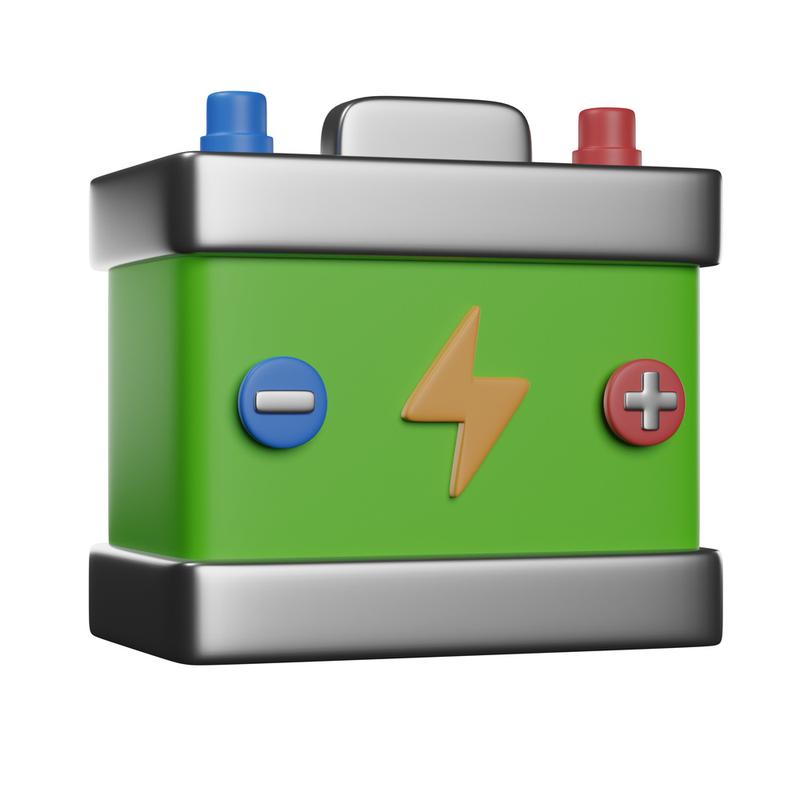When it comes to powering boats, yachts, and other marine equipment, lithium batteries—particularly LiFePO4 batteries (lithium iron phosphate)—outperform traditional options like lead-acid batteries. Their combination of safety, durability, and high performance makes them a natural fit for the demanding conditions of marine environments.
Let’s dive into why lithium batteries are the ultimate choice for your next ocean adventure.
1. Lightweight and Compact Design
Lithium batteries are significantly lighter than lead-acid batteries, which is a game-changer for marine applications.
- Why It Matters: In boating, every pound counts. A lighter battery reduces overall weight, improving speed, fuel efficiency, and maneuverability.
- Example: Swapping out a 100Ah lead-acid battery for a lithium battery can reduce weight by up to 70%.
2. Long Cycle Life: Built to Last
Lithium batteries can endure 2000-5000 charge cycles, far exceeding the lifespan of traditional batteries.
- Economic Benefits: Their longevity translates to fewer replacements, reducing long-term costs.
- Perfect Fit: Ideal for long-haul voyages or frequent use, ensuring reliability over years of operation.
3. High Energy Density: More Power in Less Space
Lithium batteries pack more energy per unit of weight and size, offering superior energy density.
- Application: Perfect for powering high-energy marine electronics, electric trolling motors, and navigation systems.
- Impact: With lithium batteries, you can run multiple onboard systems—like GPS, lights, and entertainment—without draining power.
4. Resilience in Harsh Conditions
Marine environments are no joke—saltwater, humidity, and temperature extremes can wreak havoc on most equipment. Fortunately, lithium batteries are up for the challenge.
- Durability: LiFePO4 batteriesare resistant to corrosion and designed to perform consistently, even in extreme temperatures.
- Peace of Mind: Whether you’re navigating icy waters or tropical seas, lithium batteries maintain their performance.
5. Faster Charging and Lower Maintenance
Lithium batteries charge faster than lead-acid batteries and require virtually no maintenance.
- Why It’s a Big Deal: Quick charging minimizes downtime, especially crucial when you’re on a tight boating schedule.
- Hassle-Free: No need to check water levels or worry about sulfation, unlike lead-acid batteries.
6. Environmentally Friendly
Sustainability is key in today’s world, and lithium batteries are an eco-friendly alternative.
- No Toxic Materials: Unlike lead-acid batteries, lithium batteries don’t contain harmful heavy metals like cadmium or lead.
- Recyclable: Many lithium batteries can be recycled, reducing environmental impact.
Lithium Batteries vs. Lead-Acid Batteries
Here’s a quick comparison of why lithium batteries outperform their lead-acid counterparts:
| Feature | Lithium Batteries | Lead-Acid Batteries |
| Weight | Lightweight | Heavy |
| Cycle Life | 2000–5000 cycles | 500–1000 cycles |
| Charging Speed | Fast | Slow |
| Energy Density | High | Low |
| Maintenance | Minimal | Regular |
| Environmental Impact | Low | High (toxic materials) |
Real-World Example: Lithium Batteries on Electric Boats
Electric boats like the X Shore Eelex 8000 rely on lithium batteries for their high energy density and lightweight design. These boats achieve extended ranges and fast charging capabilities, proving lithium’s superiority for marine use.
Thought-Provoking Questions
- Could combining solar panelswith lithium batteries make boats completely energy independent?
Lithium batteries are more than just a power source—they’re a reliable partner for marine adventures. With their lightweight design, long lifespan, and resilience, they help you stay powered, no matter where the waters take you. Whether you’re cruising along the coast or venturing into the deep sea, lithium batteries ensure smooth sailing.



